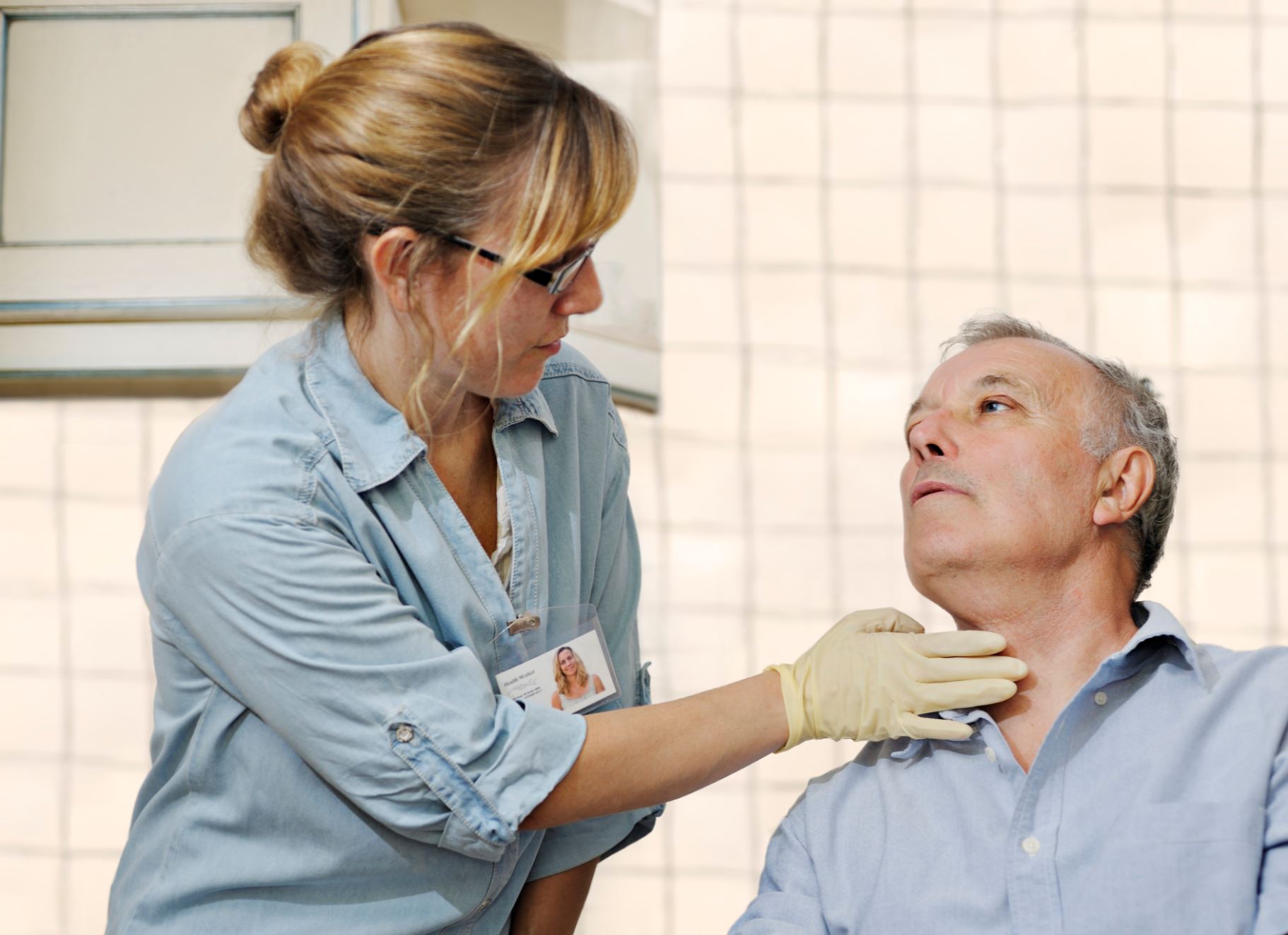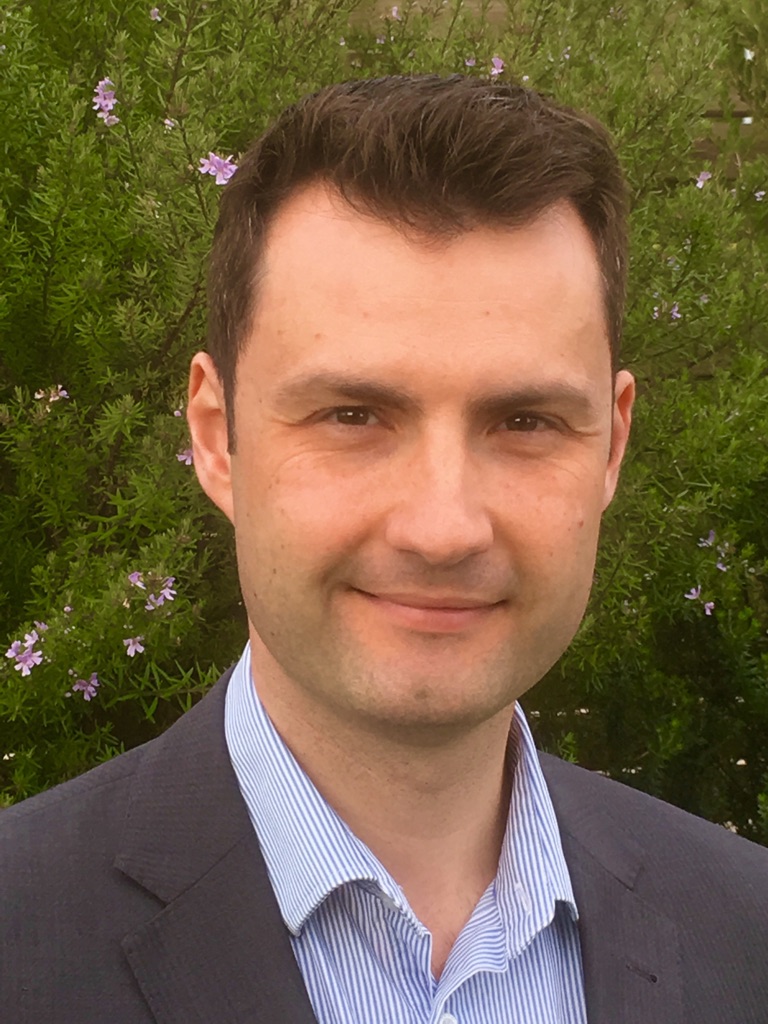
The Swallowing Neurorehabilitation Research Lab led by Flinders Caring Futures Institute researcher Associate Professor Sebastian Doeltgen is at the forefront of tackling swallowing impairment, also known as dysphagia, helping to understand and restore an often-undervalued human function critical to everyday life.
“Swallowing is one of those things like breathing, or the heartbeat. We often take it for granted and never really think about it until things go wrong,” he says.
With an extensive background in speech pathology and neuroscience, A/Prof Doeltgen says swallowing disorders can have a profound impact on both health and safety, and quality of life.
“As a result of impaired movement of muscles in the head and neck, or reduced sensation in the mouth and throat, people with swallowing disorders are often unable to eat and drink safely. This means they may be unable to move food and drink from the mouth to the stomach without it either getting stuck in the throat or being misdirected into the airway.”
A/Prof Doeltgen says swallowing disorders are a common consequence of stroke and neurogenerative diseases such as motor neurone disease, Parkinson’s disease and multiple sclerosis. Swallowing problems can also occur across the lifespan, including in infants and as part of the natural ageing process.
“Not being able to eat and drink safely and efficiently can lead to malnutrition and dehydration, something that people recovering from a disease, injury or stroke especially need to avoid. In addition, imagine not being able to eat and drink! Many of our social interactions centre around food or drink, like a cup of coffee or a meal with family and friends; not being able to participate in this because of a swallowing impairment has a huge impact on quality of life and wellbeing.”

With the aim of making a difference, the Swallowing Neurorehabilitation Research Lab is on a journey of developing and evaluating suitable assessments, interventions and exercises to improve swallowing function and in turn quality of life for people living with swallowing disorders and their families.
“Our research looks at how we can optimally assess swallowing function using state-of-the-art technologies, how we can best support the recovery of swallowing function and how we can select the best management approaches depending on where people are in their journey through the healthcare system,” A/Prof Doeltgen says.
As part of a long-standing partnership with the University of Canterbury in New Zealand, a study will soon measure the impact of a biofeedback tool on swallowing rehabilitation in stroke patients with dysphagia in the Adelaide metropolitan area.
“Biofeedback is a visual representation of swallowing activity, which people with impaired swallowing and clinicians can view on a computer screen,” A/Prof Doeltgen explains. “The tool picks up the electric activity in the muscles involved in swallowing. It gives visual feedback on the effectiveness of the action and how a person’s swallowing is progressing across their rehabilitation journey. Our goal is to evaluate if this intervention will help improve the effectiveness of existing swallowing exercises.”
In addition, A/Prof Doeltgen and fellow Swallowing Lab researchers Professor Taher Omari and Dr Joanne Murray, together with PhD candidates Rebecca Francis, Emily Lively and Melanie McIntyre, and an annual crew of Speech Pathology Honours students are committed to ongoing research into swallowing disorders across the lifespan.
Ongoing projects investigate the role of cognition in swallowing management in motor neuron disease, the experience of parents when weaning their tube-fed child, the occurrence of swallowing impairment in the acute care setting as well as the importance of oral hygiene and hydration following stroke. Previous projects have evaluated the neural connections between parts of the brain and the muscles that control swallowing, involving non-invasive brain stimulation techniques. Other research is examining the evidence base for behavioural interventions targeting specific aspects of the swallowing process. A/Prof Doeltgen says further investigations across all of these areas will lead to improved outcomes for people with swallowing disorders.
“I think there is a real call to arms for research in this space because the evidence base is still developing. One of the visions of the Swallowing Lab is to contribute to that evidence base and to create new interventions that will help improve swallowing function. It is an exciting area of research!”
Learn more about the Swallowing Neurorehabilitation Research Lab.

